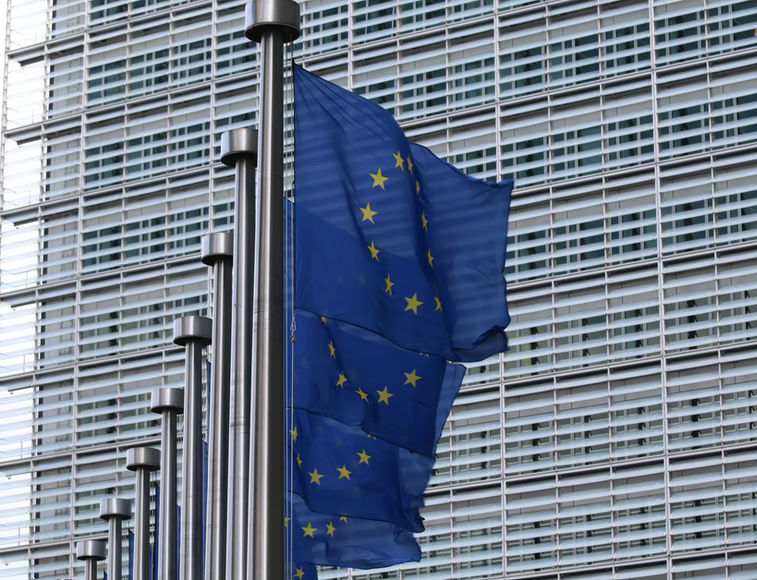Lawmakers in the European Union approved a set of critical rules that could check the practices of Silicon Valley giants like Google, Amazon, Facebook and Microsoft. However, enforcement might be limited by the resources regulators have in hand.
The Digital Markets Act (DMA) and the Digital Services Act (DSA) will require online platforms to better regulate their spaces and watch out for illegal content. According to the new laws, DMA violations can cause a company to be fine up to 10% of their turnover, whereas they can be fine 6% for DSA infractions.
The DMA rules are set to change the tech companies operate, forcing them to make their messaging services work across platforms while also providing business users access to their data. This way, businesses would be able to sell or promote their products on platforms that would otherwise be closed off to them. Most importantly, companies won’t be able to make sure that their products are favoured over others, nor will they be able to deny users the ability to remove pre-installed softwares. Both these rules are expected to hit Apple and Google particularly hard.
On the other hand, the DSA makes targeted advertising to children illegal. Dark patterns, a tactic used to mislead people into giving up personal data to tech companies, is also a part of this rule.
EU Lawmakers and member nations came to a tentative agreement on DMA rules earlier this year. But even as a new European Commission taskforce is being set up as a regulatory watchdog, critics say it won’t be enough.
In response, Theirry Breton, the EU’s industry chief, told Reuters that teams on the taskforce would be responsible for risk assessments, data access during the implementation of the DMA and DSA rules as well as the cross-platform movement of data on messenger services. To do so, the Commission put out a tender valued at €12 million ($12.3 million) which would invite experts to advise on investigations and compliance enforcement over the course of four years.
But the European Consumer Organisation (BEUC) isn’t convinced. Last week, the consumer protection group had pointed out Google’s exploitative practices in signing people up to its platforms. Ursula Pachl, Deputy Director General of the BEUC told Reuters that if the EU fails to hire experts to monitor the actions of Silicon Valley’s giants, then the legislation that was passed would be “hamstrug by ineffective enforcement.”







